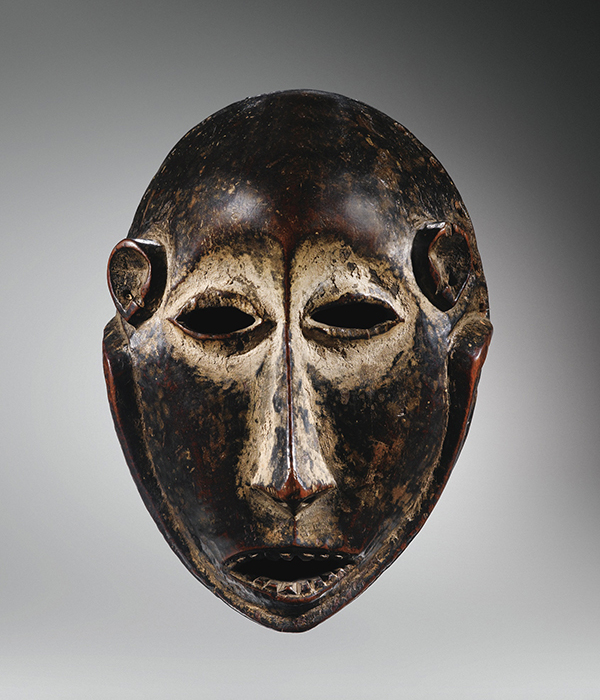Brussels 18.12.2021 Following a resolution presented by the European Union the United Nations Human Rights Council will establish an international commission of human rights experts on Ethiopia. An important step forward to ensure accountability of the perpetrators and justice for the victims” the EU top diplomat Josep Borrell wrote on his Twitter micro blog.
A joint investigation by the Ethiopian Human Rights Commission (EHRC) and the UN Human Rights Office has found that there are reasonable grounds to believe that all parties to the conflict in Tigray have, to varying degrees, committed violations of international human rights, humanitarian and refugee law, some of which may amount to war crimes and crimes against humanity.
In a report published on December 3, which examines the devastating impact the conflict has had on civilians, the Joint Investigation Team (JIT) details a series of violations and abuses, including unlawful killings and extra-judicial executions, torture, sexual and gender-based violence, violations against refugees, and forced displacement of civilians.
The report covers the period from 3 November 2020, when the armed conflict began between the Ethiopian National Defence Force (ENDF), the Eritrean Defence Force (EDF), the Amhara Special Forces (ASF), the Amhara Fano and other militias on one side, and the Tigrayan Special Forces (TSF), Tigrayan militia and other allied groups on the other, until 28 June 2021 when the Ethiopian Government declared a unilateral ceasefire.
The JIT visited several locations, including Mekelle, Eastern Tigray (Wukro), Southeastern Tigray (Samre and nearby areas), Southern Tigray ( Alamata, Bora and Maichew), Western Tigray (Dansha, Humera and Mai Kadra), and Bahir Dar and Gondar in the Amhara region, as well as Addis Ababa. The JIT conducted 269 confidential interviews with victims and witnesses of alleged violations and abuses, and other sources; and held over 60 meetings with federal and regional officials, representatives of international organisations, NGOs, community-based committees, medical personnel, and other sources.
The JIT faced several security, operational, and administrative challenges in carrying out its work, in particular being unable to carry out all planned visits to parts of Tigray. The report acknowledges with gratitude the many victims and witnesses who shared their experiences with the JIT, and thanks the Ethiopian and non-governmental entities for their cooperation.
“As the conflict expands with more reports of violations and abuses, this report presents an opportunity for all parties to acknowledge responsibility and commit to concrete measures on accountability, redress for victims and the search for a sustainable solution to end the suffering of millions,” said Daniel Bekele, Chief Commissioner of the EHRC. “EHRC remains engaged in monitoring the human rights situation since end of June and will be sharing its findings in due course,” Bekele said.
“The Tigray conflict has been marked by extreme brutality. The gravity and seriousness of the violations and abuses we have documented underscore the need to hold perpetrators accountable on all sides,” said Michelle Bachelet, UN High Commissioner for Human Rights.
“As the conflict has escalated, with civilians as ever caught in the middle, it is vital that all parties heed the repeated calls to end hostilities and seek a lasting ceasefire,” said Bachelet, who is today also issuing a separate update on developments since the June cut-off date of the joint report.
